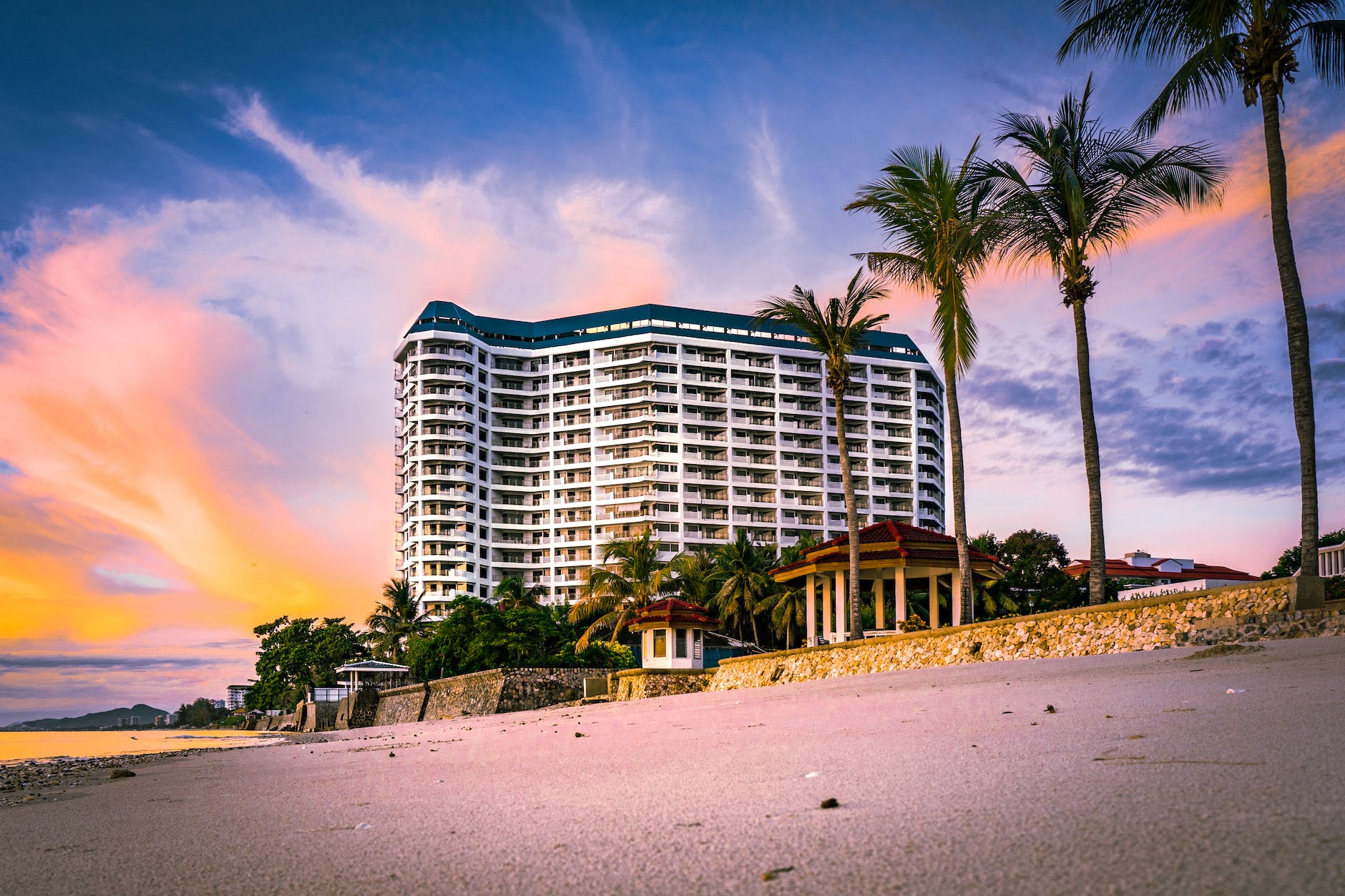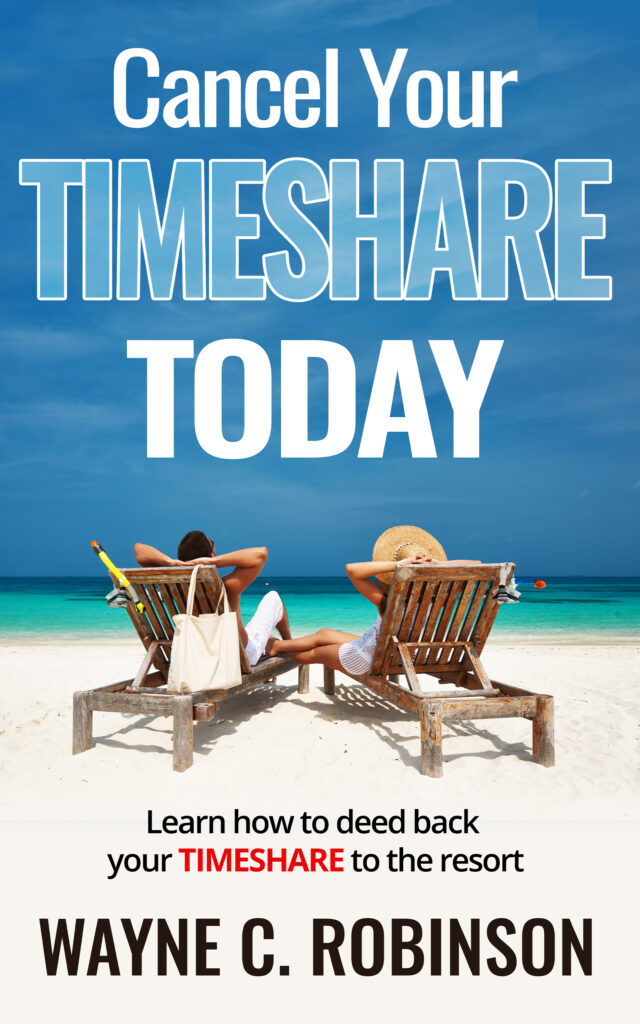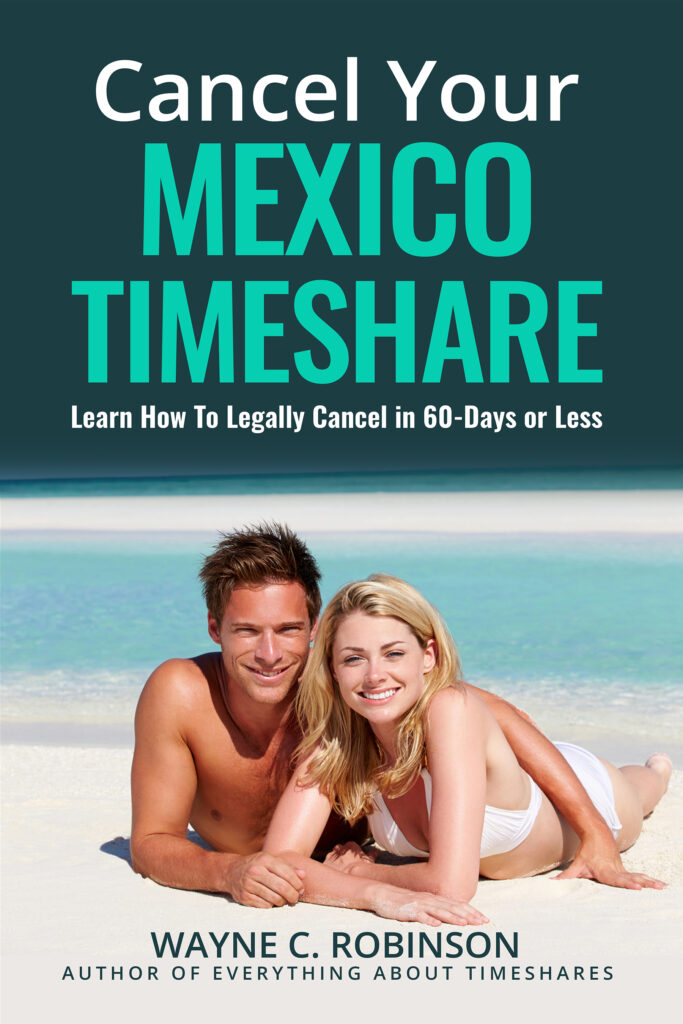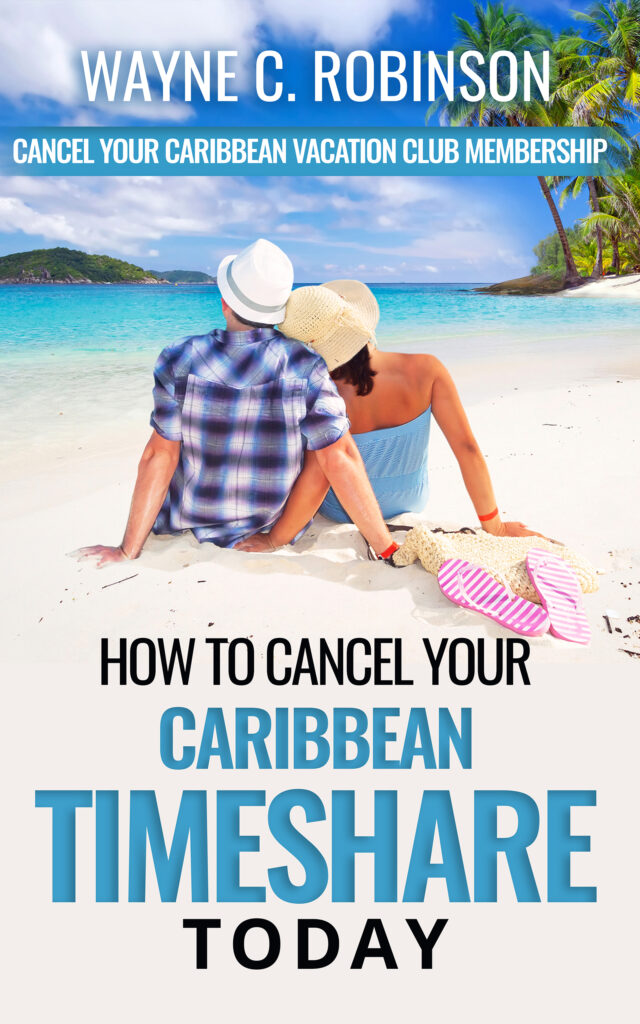Photo by MarcTutorials on Pexels.com
Nobody wakes up one morning and decides to buy a timeshare. However, a growing number of consumers spend an average of $21,000 to contribute to this multi-billion-dollar industry.
Timeshare purchases occur every day somewhere in the world. People buy them in North America, Europe, Central and South America, Mexico, Caribbean Islands and Asia.
Timeshare sales presentations lure many clueless consumers through mail marketing, phone calls, or vacation encounters. They buy them in the city, on beach fronts, in ski resorts, in theme parks and now on cruise ships.
Why Consumers Buy Timeshares
Consumers buy primarily for two reasons: Firstly, it is due to the alluring gifts offered by the developers. Timeshare resorts have been offering discounted accommodations (called minivacs) in exchange for travelers or vacationers to attend a timeshare presentation. This tactic converts into a high percentage of new owners.
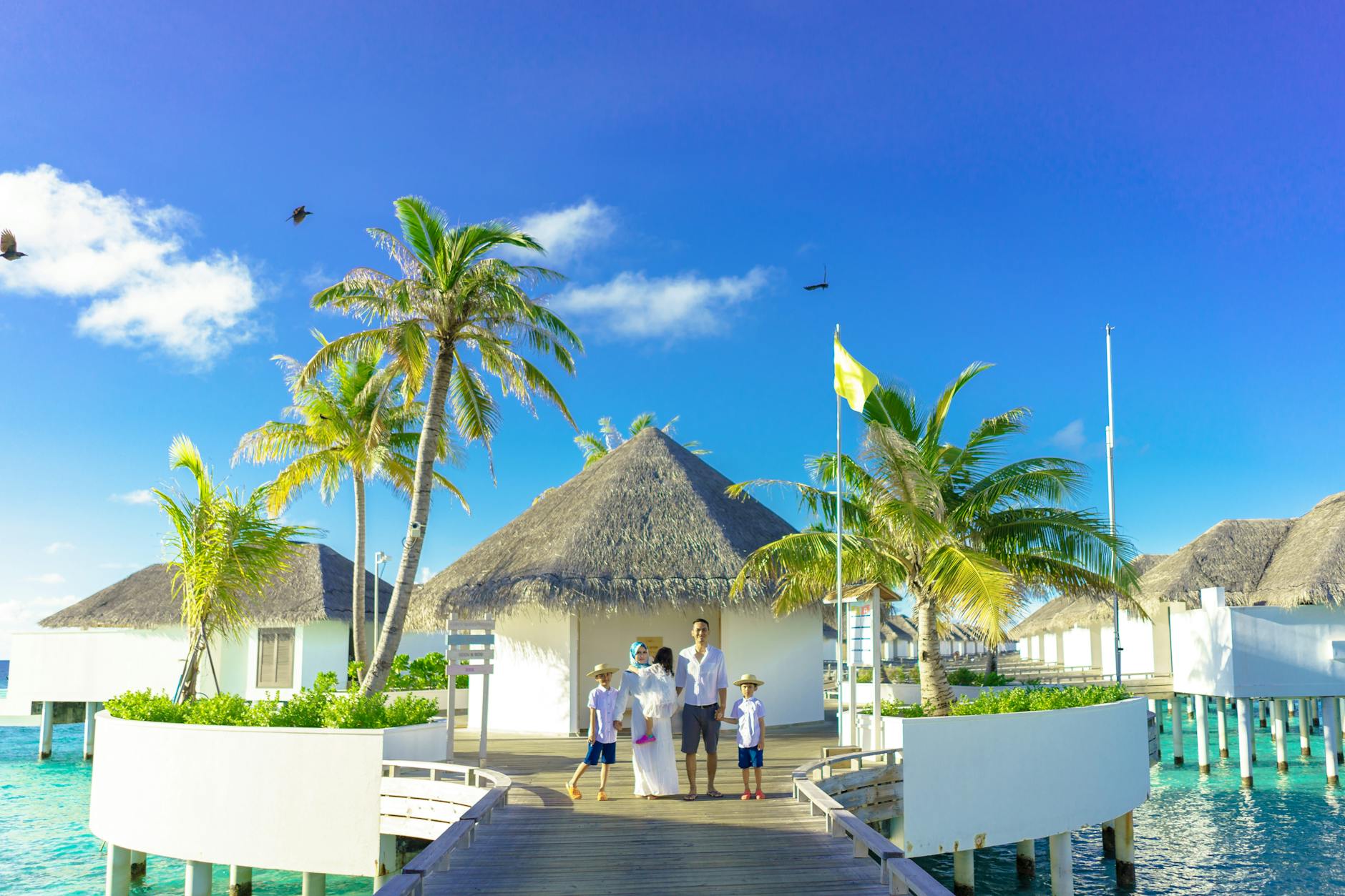
Photo by Asad Photo Maldives on Pexels.com
Secondly, it is because of the sales and marketing staff. Through training, they gain the trust of potential clients, identify dominant buying motives, and present a financially sensible offer. The industry’s motto is “sell on emotion, and close on logic,” and it works.
In the United States alone, the timeshare industry continues to skyrocket despite the negative image it has earned.
Timeshare Demographics Have Changed
However, the demographics of the market have changed substantially in the last 20 years. Timeshares were generally purchased by the elderly or the nearly retired. Now, the demographics have changed drastically and are attracting younger families with higher incomes and more ethnic groups.
Amy Gregory, PhD, RRP and Tammie Kaufman, PhD published an article in Developments Magazine that presents a perception that Millennials have towards the timeshare industry. Inexperienced students studying hospitality management at the University of Central Florida present an inaccurate reality of the timeshare industry, despite referencing original research published in the Cornell Hotel & Restaurant Administration Quarterly (February 2017).Even the negative views mentioned in the article merely focus on the financial aspects of the industry.
“…There are distinct dimensions of the timeshare product that resonate with the Millennial generation. The attributes that the generation indicates as being most valuable align with their stated positive images of the product.” (Amy Gregory, 2014)
The realities of many “experienced” timeshare owners and the legal battles involving unethical behaviors and illegal activities need to be made aware to students and authors.
What is a Timeshare?
A timeshare is an ownership model in which many customers own allotments of usage in the same property. The timeshare model can apply to many different types of properties, such as condominiums, homes, campgrounds, vacation resorts, recreational vehicles, and private jets. (Investopedia, “What is a Timeshare?”)
A timeshare (sometimes called a vacation club) is a property with a divided form of ownership or use rights. These properties are typically resort condominium units, in which multiple parties hold rights to use the property. Each owner of the same accommodation is assigned their designated period of time.
Photo by asman chema on Pexels.com
Types of Timeshare Ownerships
Fixed or Deeded Week Timeshare
A fixed week or deeded timeshare is a specific unit during a specific week within a specific season. Since there are fifty-two weeks in a year, most timeshare plans can only sell fifty weeks, as there should be two weeks available for maintenance for each unit. A family can own one or more weeks and occupy the unit during their allotted time.
With a deeded week, the owner usually does not need to make a reservation because the unit belongs to them and their family. The resort is considered their home resort. They can occupy that unit and bring others to enjoy it at no extra cost, according to the property’s occupancy limits. If they do not wish to use the unit during their specific time, they can exchange the unit for a different time or different unit at the same resort or exchange into another resort anywhere in the world with an external exchange company (covered in a subsequent chapter).
Deeded timeshares are real properties and, therefore, recorded at the local county courthouse like any other real estate.
Floating Week Timeshare
Subject to terms, a floating week timeshare unit allows users to utilize it at any time within a specific season. The unit is typically legally linked to a specific unit, often a deeded unit in the U.S., to prevent overselling by the resort. Oftentimes, the deeded unit is unknown by the owner unless it is specified in the documents. When the owner books a vacation in a floating week timeshare, they will not know which unit they will receive until they check in.
Like a deeded week owner, floating week owners can occupy a unit and invite others to enjoy it at no extra cost, according to the property’s occupancy limits. If they do not wish to use the unit during the year, they can exchange their time into their home resort or into another resort anywhere in the world with an external exchange company.
Points System Timeshare
The points-based timeshare buyer is not an owner. They are members, such as a member of a country club or a gym. Those who buy points are right-to-use members, so they do not own anything.
Promoters advocate the points-based timeshare as the most flexible option, allowing owners to travel at their convenience. However, a common complaint is the lack of availability. The points system operates like a timeshare currency, enabling short stays of two or three days instead of a whole week. Owners can occupy a unit and invite others at no extra cost within the resort’s occupancy limits. Annually, the resort assigns points that owners can use at the home resort, accumulate, save, or exchange into other resorts through an external exchange company.
While some points have versatility for travel-related products, services, cruises, shopping, and dining, their primary value lies in occupying the resort, offering the best value overall, depending on the terms. It is important for timeshare members to do their timeshare math, comparing the true value of alternative uses.
Travel Club Memberships

Photo by S Migaj on Pexels.com
Travel club memberships are the surrogate twin within the timeshare industry. With a travel club membership, there are no guarantees. It is just that, a travel club, and members own nothing but air. The company usually does not own any of the resorts but merely leases the rooms from branded hotel chains.
Insufficient room availability often frustrates timeshare owners attempting to book vacations with their travel club memberships. Many believe that the entire property is a timeshare when it is not.
This is one of the reasons why travel club memberships should be purchased only at a minimum price or not at all. It is important for consumers to know exactly what they are getting into by thoroughly reading all the paperwork and researching the company.
Timeshares vs Travel Clubs
If you acquire a right-to-use or a floating week timeshare without deed attachment, it’s likely not a true timeshare but rather a travel club with limited inventory. The term “timeshare” encompasses various types, including travel clubs. Buyers should exercise caution with timeshare “trial” products, as they may not qualify as traditional timeshares and may not be subject to state contract rescission requirements.
When I was the director of sales and marketing for Prestige Travel Club at the Azul Beach Resort in Negril, Jamaica, I was informed by one of my trainers that guests are not purchasing anything but a right-to-use product. He called it “air.” The buyer owns nothing, and there are no guarantees.
I learned from the management of this 175-room hotel that the company only had a few rooms dedicated to the travel club. The majority of rooms were reserved for all-inclusive guests, paying $500 to $700 per night.
Many timeshare owners do not realize that many of these properties only dedicate a portion of their inventory to timeshare. Therefore, there is limited availability in many resorts. This is why so many timeshare owners are frustrated when they cannot exchange when and where they desire.
Regrettably, anyone can book many rooms owned by timeshare developers online through various travel sites, often finding abundant availability for the same property, to the disappointment of members.
The reasons are two-fold:
-
- The property generates profits by charging nightly rates for their available rooms. If the property features suites, the prices can be as high as $700 per night, depending on the size, location, demand, and whether it offers an all-inclusive option.
For example, I went online to the Manhattan Club’s website to book a room. There were plenty.
Media reports state that the New York Attorney General fined the Manhattan Club $6.5 million following complaints from thousands of “timeshare owners.” They were frequently informed of unavailability while the public had ample access.
-
- Because of this influx of hotel guests who can afford the high rates, they are prime targets for the marketing staff (disguised as concierges), who will lure these “whales” into a timeshare sales presentation.
Therefore, it is important to own a fixed week timeshare because the points system and the floating weeks have no guarantees. The owner has little control over their vacations.
Timeshare Property Types
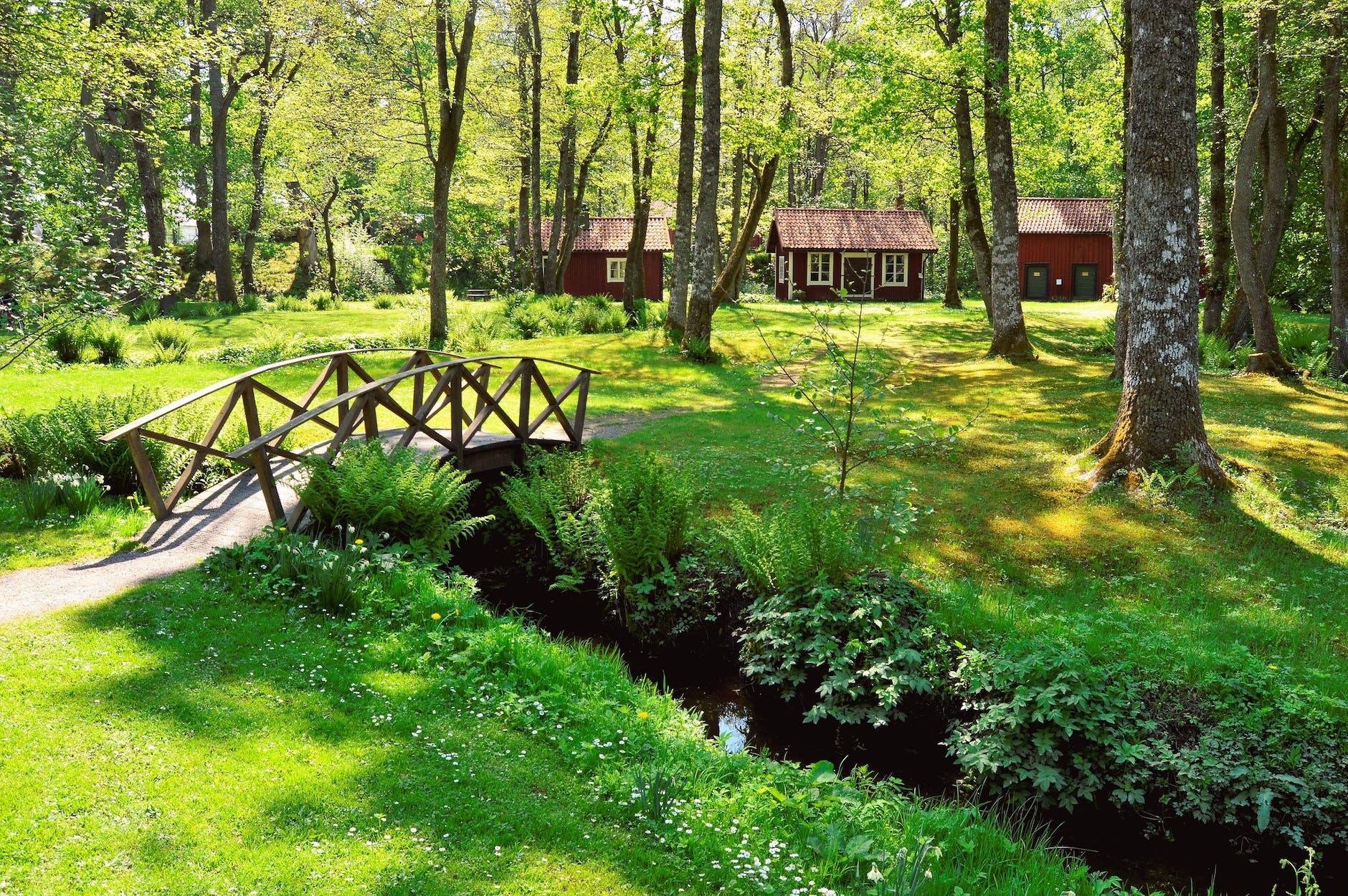
Photo by Jonathan Petersson on Pexels.com
There are a variety of property types within the timeshare industry, and each has its unique characteristics, amenities, and purposes.
The following are the most popular type of timeshare properties:
-
- Beachfront Resorts
-
- Cabins in the Woods
-
- Campgrounds
-
- Canal Boats
-
- Chateaus
-
- Condominiums
-
- Country Clubs
-
- Country Retreats
-
- Hotels/Resorts
-
- Houseboats
-
- Single-Family Homes
-
- Ski Resorts
-
- Ranches
-
- Recreational Vehicles
-
- And more …
Timeshare Locations

Timeshares are typically developed in busy tourist destinations and are located on every continent except Antarctica. The busier the location, the more timeshares are developed.
As more U.S. baby boomers retire and the influx of the millennial generation hits the travel and tourism market, there is a growing need for more timeshares that offer the opportunity to vacation whenever and wherever they please.
| Asia | Europe – Canary Islands & Cape Verde Islands | USA – Hawaiian Islands |
| Australia & New Zealand | Europe – Scandinavia | USA – Lake Tahoe and Las Vegas |
| Canada – Eastern | Mexico | USA – Middle Atlantic |
| Canada – Western | Middle East | USA – Midwest |
| Caribbean & Atlantic Islands | Northern Africa | USA – New England |
| Central America | South America | USA – Northwest and Alaska |
| Europe – Central & the Low Countries | South Pacific Islands | USA – Rocky Mountains |
| Europe – Eastern Mediterranean and Adriatic | Southern Africa | USA – Southeast |
| Europe – France, Italy & Malta | USA – California | USA – Southwest |
| Europe – Portugal, Spain & Andorra | USA – Central South | |
| Europe – UK & Ireland | USA – Florida |
Your Best Guide to timesharing...
Unlock the secrets of timesharing! Former sales expert’s comprehensive guide provides insights to maximize your investment and navigate the system effortlessly.
The U.S. Timeshare Cancellation Course and The Mexico and Caribbean Timeshare Cancellation Course


